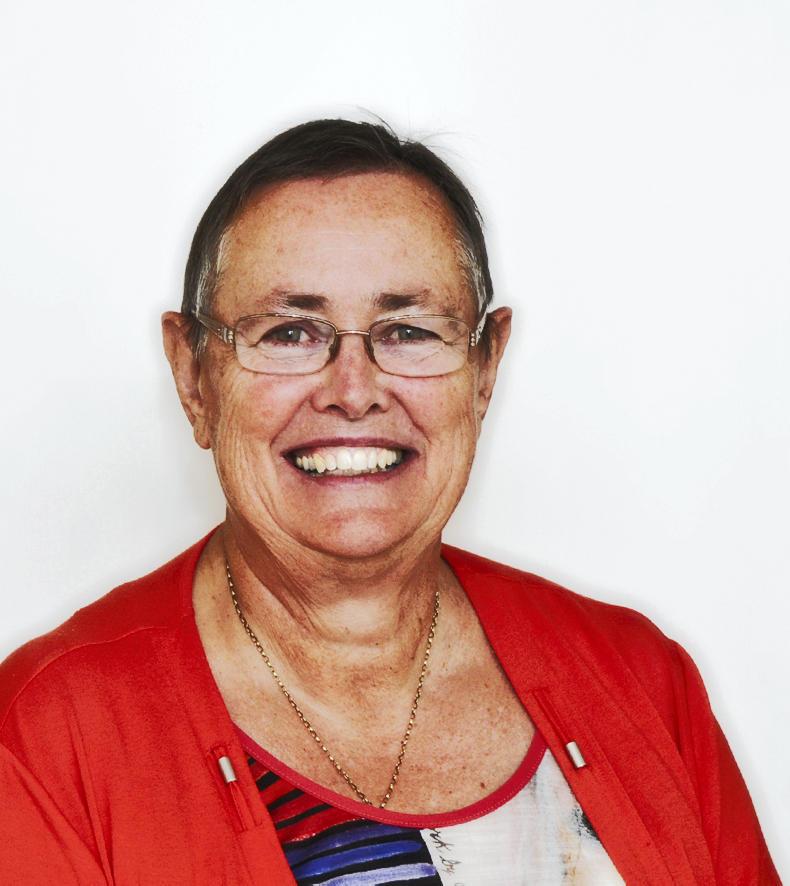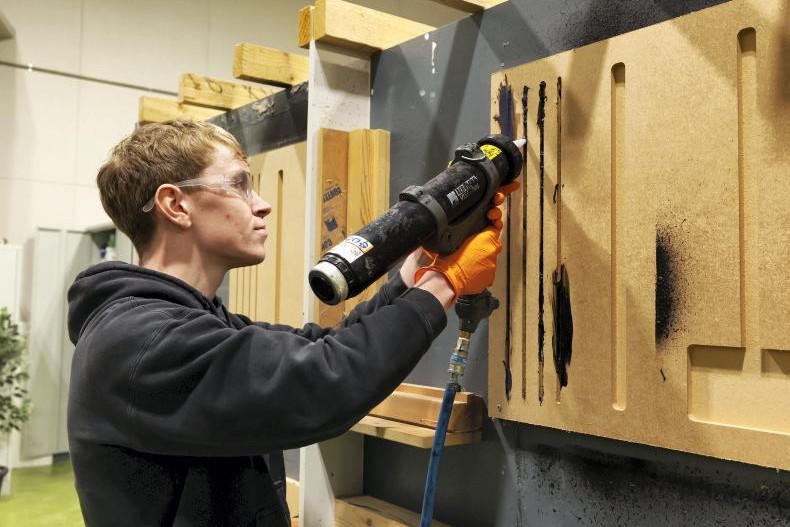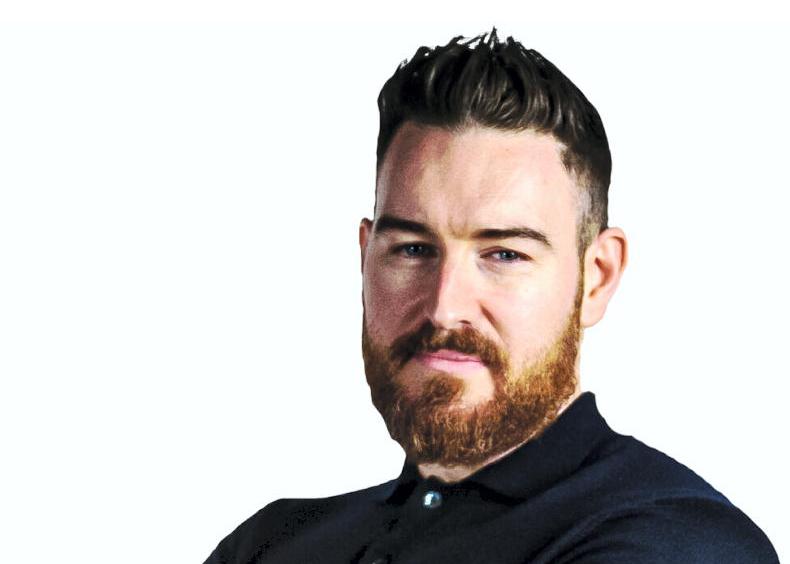With an upsurge of shows like CSI and Criminal Minds, Dr Sheila Willis says: “Today everybody believes they know exactly what forensic science is and what you should be doing. When I started working 30 years ago, if you told someone you were a forensic scientist they wouldn’t know what you were talking about.”
Forensic Science Ireland is an office of the Department of Justice, which was established in 1975 to provide scientific and technical expertise to the criminal justice system, and Dr Sheila Willis is director general.
“In the States they talk about the CSI effect, particularly on jurors where if they hear a case and there is no forensic evidence they think there is something wrong. Their expectations are built around what they see on television.” Forensic science isn’t as easy as that, however, and Sheila talks about cases where DNA simply doesn’t work or is not necessary.
“This line of work takes a person who has curiosity, attention to detail and good judgement,” Sheila explains.
Sheila herself studied a science degree in UCD, specialising in chemistry, and she went on to do a research PhD in inorganic chemistry, before she got a job as a case worker in FSI, which was then called the Forensic Science Laboratory. She then became head of chemistry and in 2000 became deputy director.
Work of the office
From an increase in drug abuses in recent years in Ireland to the growing reliance on DNA to help solve crime, the work load of FSI has certainly expanded throughout Sheila Willis’ tenure.
Samples are submitted by the Garda Síochána from crime scenes and then tested by the laboratory, which establishes whether or not connections between suspects and crime scenes, or suspects and victims can be made through this physical evidence.
The work undertaken by FSI can be split into three areas, with the drug section making for the largest workload, according to Sheila.
“All controlled drugs that are seized by the Gardaí and prosecuted in the courts are analysed and identified in FSI – that’s about 12,000 cases every year,” says Sheila. “A case can be as small as a sample you would have for personal possession or as large as half a tonne,” Sheila explains.
The next section FSI deals with is trace evidence. “This is what you associate with Sherlock Holmes or CSI,” Sheila says. “You have the fibres that might link a person to a seat they were sitting on. There are lots of materials that we physically or chemically check to see if something has been transferred.”
The section that has changed the most during Sheila’s time as director general is that of DNA testing. The commencement of DNA legislation on 20 November 2015 gives FSI the authority to hold profiles of suspects in a database.
“If an individual is stopped by the Gardaí and suspected of a serious crime – a crime that would hold five years sentence or more – they have to give a sample, which is then brought into us,” Sheila explains.
“We then produce a profile from this. In the past that was only looked at in relation to a particular crime; whereas, from last year on it was possible to take your sample and put it on the database.
“This means if there is another unsolved case there, it can be checked automatically. It has been really successful, we have more than 8,000 samples from suspects in the last year and we are giving the gardaí intelligent information.”
The responsibility of FSI begins and ends once the organisation passes the information over to the gardaí.
The FSI is a very busy environment. “When somebody comes to the laboratory the first thing they will be conscious of is the case intake area, and that is where the gardaí bring in the samples. It is a little bit like a post office, just because there is continual activity,” says Sheila.
Scientists work on their own in small rooms with the samples, conscious not to cross-contaminate, and a lot of the work is done on computers after the experiments have been done.
Sheila notes one thing that sets forensic scientists apart from others is that they must decide which samples they will test to get the most useful information for a problem.
“In a hospital, a sample of blood comes in and there is a fixed amount of tests that will be carried out. In forensic science, the most interesting thing is trying to decide what samples would be the best to examine to give the most useful information,” says Sheila.
In terms of working for FSI, the organisation looks for people who have a good-quality science degree – though Sheila urges people not to jump straight into a career in forensic science, but to explore their options before committing to the career.
“Lots of people are very interested in forensic science as a career because of the media and CSI and the whole glamour aspect of it, as presented on these programmes,” says Sheila.
“There is no doubt about it, it really is an interesting job – but I would always advise young people to get a really good quality science degree, because the number of jobs is small and you don’t want people focusing too early on.”









SHARING OPTIONS